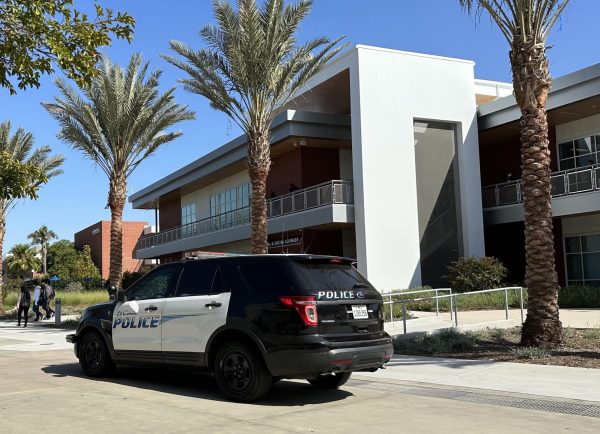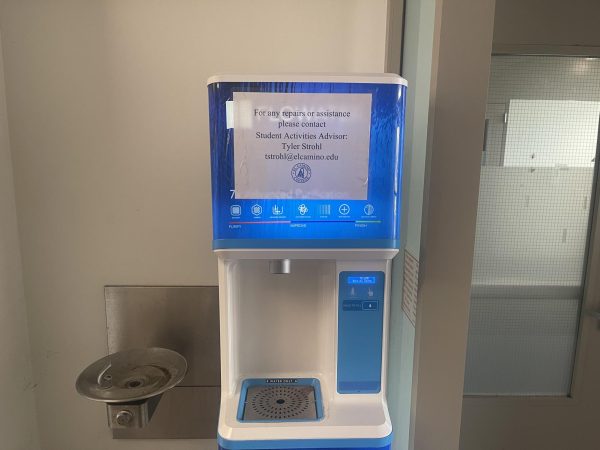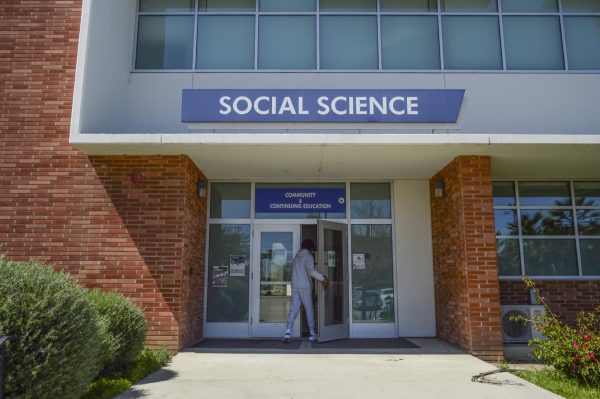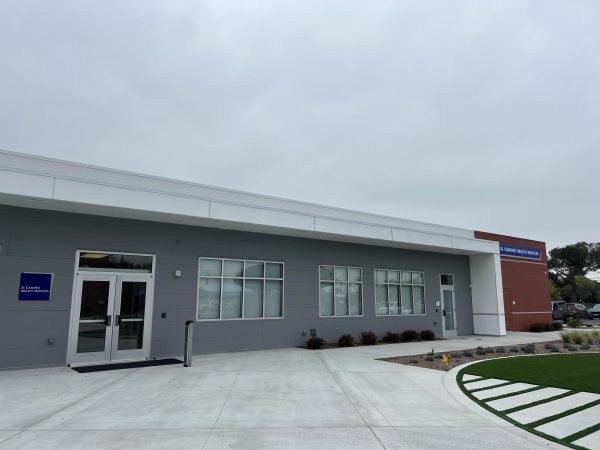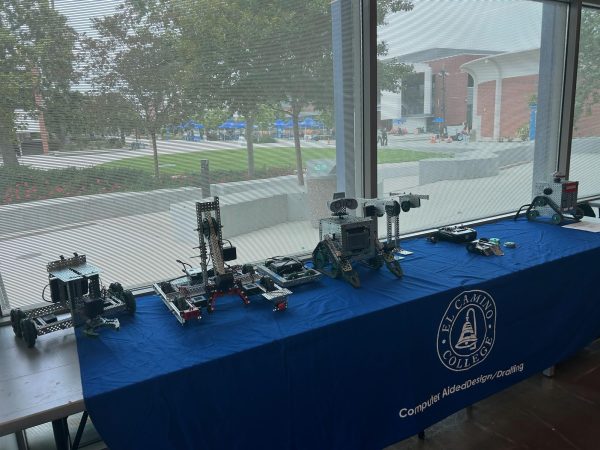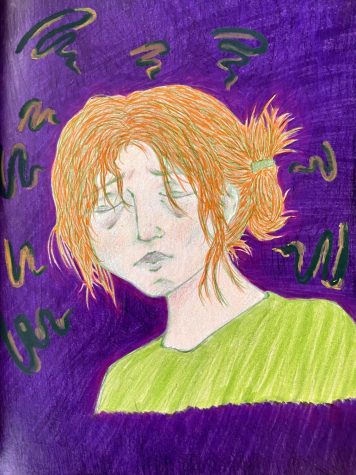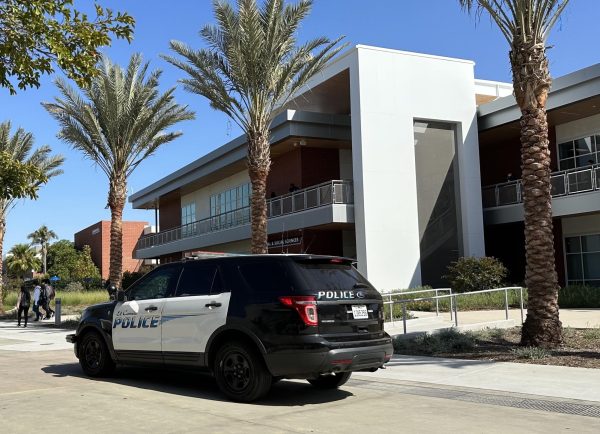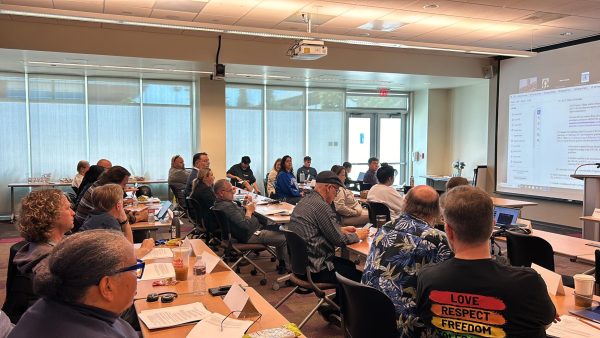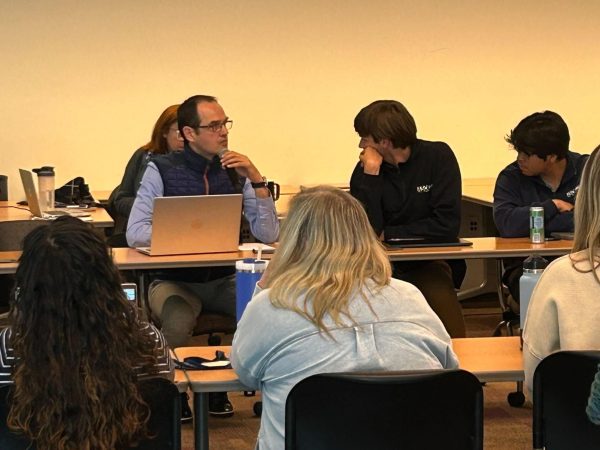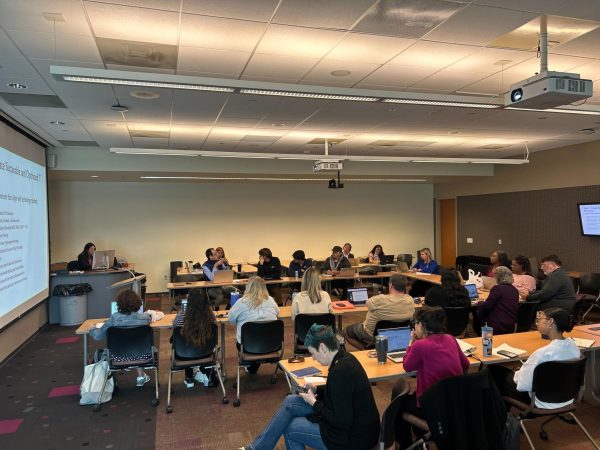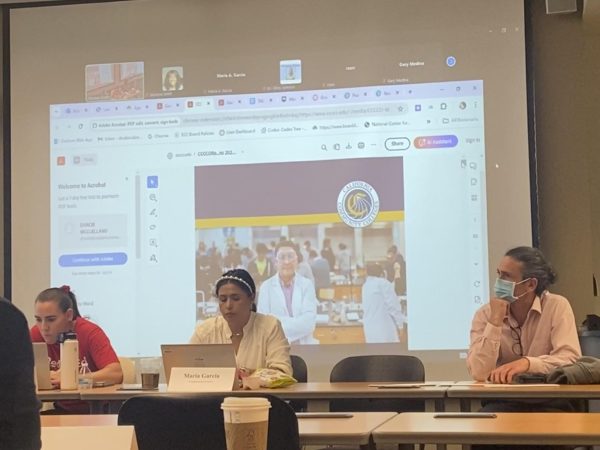Access to health care among students becomes a priority during coronavirus pandemic
The need for student health care has risen over the decades, which is why Student Health Services (SHS) at El Camino College provides a “depth of services” for student’s physical and mental health needs, Deborah Herzik, nurse practitioner at ECC said.
According to PublicHealth.org, adults between the ages of 18 to 39, need to undergo a full physical exam every two years to ensure they’re not at risk for diabetes and heart disease.
Herzik reminds students that SHS offers $15 full-physicals including cholesterol, electrolyte, kidney function, liver function, diabetes, anemia screenings, lipid panels and tests for thyroid issues.
“We look at the whole patient and holistic medicine,” Herzik said.
According to SHS officials, students also have access to low-cost medications such as asthma inhalers, antibiotics, topical creams, $20 tetanus boosters, and free services such as chiropractic care, STI screenings, flu shots, birth control, TB-skin tests, and screenings for measle, mumps and rubella.
“I hope that I can bring support in their lives and help them on their journey,” Herzik said.
Medical appointments with the Student Health Center have to be made and are mostly done online due to the pandemic, but free and low-cost medications and diagnostic testings are still available to be picked up and completed at the Student Health Center.
SHS also provides workshops hosted by psychologists to help students with their mental health struggles.
According to an email sent by ECC Student Information Services, 39% of college students have experienced significant mental health issues and 67% of 18 to 24 year-olds with anxiety or depression, will not seek treatment.
A September 2020 report from Active Minds, a mental health advocacy group for young adults, reported that COVID-19 has increased the demand for mental health support among students. Advances in Telehealth have aided Student Health Services in meeting that demand.
An Emotional Support Line provides students with after-hours access to psychologist care. Students are also able to attend many groups and services that deal with mental health resources and care at specific times and days.
Therapeutic groups allow students to open up among peers in a facilitative safe-space. Topical workshops provide students with the tools to deal with stress, anxiety, fear and trauma. And psychological services provide students with private, one-on-one access to clinical psychologists.
“Getting to meet together in a space where students can realize like they are not alone in working on perfectionism or compassion felt like a helpful modality,” Victoria Kwon, a staff psychologist at ECC’s Student Health Services, said.
Kwon has been working specifically in collegiate mental health since 2009. Kwon’s workshop, the Well-Derness Survival Kit, covers topics aligned with the needs of college students dealing with the pandemic.
“To be anxious about being vulnerable and open with a group of people you’ve never met is totally normal,” Kwon said.
For students that want the support of a group session, but want the anonymity of working one-on-one, Maria Nazarian, a clinical psychologist, offers an overview of what depressive symptoms are, what anxiety is and how to tap into mindfulness.
“Sharing is completely voluntary,” Nazarian said.
During her workshops, participants aren’t required to have their camera on and messages in the chatbox are only viewable by the doctor.
Nazarian said she wants to give students a better sense of what it is they are feeling, how common it is, and to provide tools to cope with those feelings.
While students are not able to attend workshops or ECC appointments in-person, SHS gives students an opportunity to get help whenever they can online.
“While you’re here, while you’re a Warrior, use all the services that are available to you,” Kwon said.


